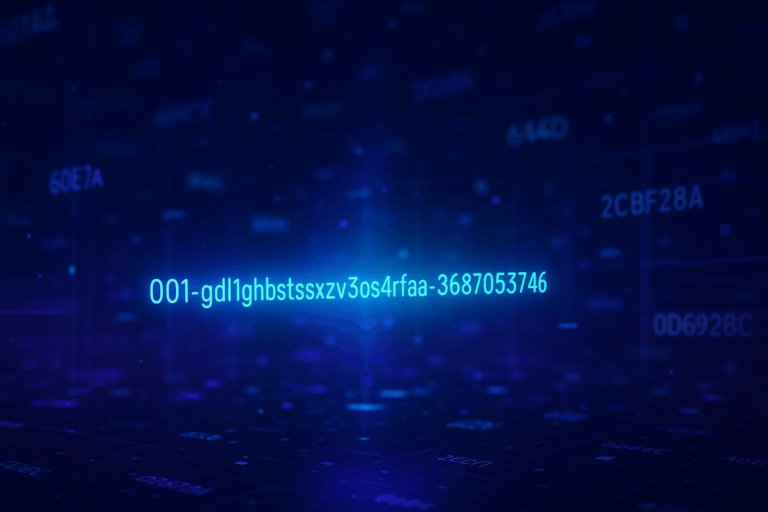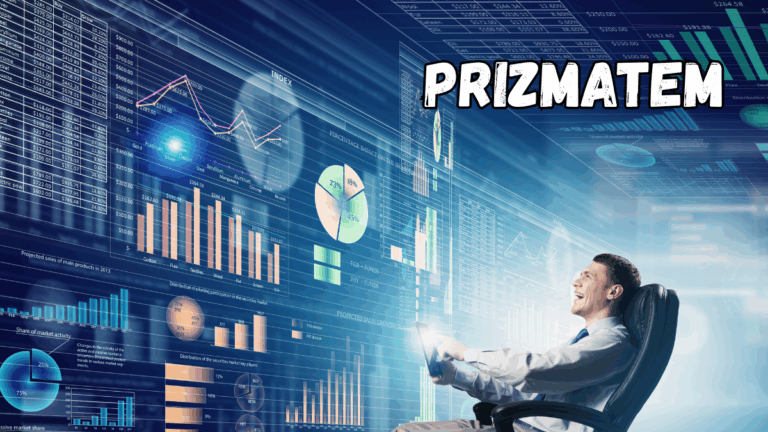Expert Lie Detector Test Services for Accurate Results
In today’s world, trust is a valuable commodity, and with the increasing complexity of relationships, businesses, and legal matters, the demand for truth verification has never been higher. Polygraph tests, commonly referred to as lie detector tests, have become an essential tool in various fields, including law enforcement, legal cases, employment screening, and even personal matters. In New York (NY), lie detector test services have gained popularity for their ability to provide reliable and accurate results.
This article will delve into the intricacies of lie detector tests, exploring their functioning, applications, reliability, and the expert services available in New York for individuals and organizations seeking truth verification. We’ll also touch on the ethical and legal considerations surrounding these tests.
What is a Lie Detector Test?
A lie detector test, also known as a polygraph test, is a tool designed to measure physiological responses that occur when a person is being deceptive or telling the truth. Polygraph machines monitor various bodily reactions such as heart rate, blood pressure, respiratory rate, and galvanic skin response (sweating). These physiological changes are believed to correspond with a person’s emotional state, which can be influenced by lying.
When undergoing a lie detector test, the individual is asked a series of questions, both relevant to the issue at hand and unrelated, to create a baseline for the body’s natural response. The polygraph examiner then analyzes the physiological data collected during the test to determine whether the subject is being truthful or deceptive.
How Does a Lie Detector Test Work?
The colorado polygraph machine records the subject’s physiological responses through sensors attached to their body. These sensors track changes in bodily functions, and the examiner interprets the data based on the pattern of responses to questions. There are typically three main types of questions asked during a polygraph test:
Irrelevant Questions – These are general questions used to establish a baseline of the subject’s normal physiological responses, such as “Is your name John?” or “Are you sitting in a chair?”
Relevant Questions – These questions are directly related to the issue being investigated, such as “Did you steal the money?” or “Did you lie on your job application?”
Control Questions – These are designed to evoke a response and compare it to the relevant questions. An example would be “Have you ever lied to someone who trusted you?”
By comparing the responses to these three types of questions, the examiner can determine if the subject is likely being truthful or deceptive. Polygraph tests are considered effective due to the body’s involuntary reactions to stress or fear of getting caught in a lie.
Applications of Lie Detector Tests in New York
In New York, lie detector tests are used in various settings, including law enforcement, legal proceedings, private investigations, employment screenings, and personal matters. Below are some common applications:
Law Enforcement and Criminal Investigations
One of the primary uses of polygraph tests is in law enforcement. The police and other investigative agencies often use lie detector tests to gather evidence in criminal investigations. Although the results of a polygraph are not always admissible in court, they can still be valuable during investigations, helping law enforcement narrow down suspects or validate a witness’s statement.
Legal Cases and Court Proceedings
In some instances, lie detector tests are used in legal cases to support or challenge testimony. Though polygraph results may not be admissible in all courts, they can still influence settlement negotiations or serve as a supplementary tool in cases of disputes or accusations. For example, a defendant in a civil lawsuit may opt for a colorado polygraph to demonstrate their honesty, helping to resolve the case outside of court.
Pre-Employment Screening
Many employers in New York use lie detector tests as part of their pre-employment screening process. Certain industries, such as law enforcement, government agencies, and companies dealing with sensitive information, conduct polygraph tests to assess the trustworthiness and integrity of potential hires. Employers can verify if candidates are truthful about their qualifications, background, and any past criminal activities.
Private Investigations
Private investigators often use lie detector tests to assist clients with personal matters, such as verifying the fidelity of a spouse or confirming the honesty of a business partner. In these scenarios, polygraph tests offer peace of mind to individuals seeking truth and resolution in their personal lives. They are also used in family disputes, inheritance cases, and when suspicions arise in situations involving theft or fraud.
Counseling and Therapy
Some therapists and counselors may use polygraph tests as a tool to address issues related to honesty within relationships. For instance, a couple undergoing marriage counseling may agree to a polygraph to resolve issues of trust or infidelity. In these cases, the colorado polygraph serves as a way to create an open dialogue and foster honesty between parties.
Reliability and Accuracy of Lie Detector Tests
The reliability and accuracy of lie detector tests have been a topic of debate for decades. Supporters of polygraph testing claim that when conducted by trained professionals, polygraphs can offer accuracy rates of 80% to 90%. However, critics argue that the tests are not foolproof and can yield false positives (indicating deception when the subject is truthful) or false negatives (failing to detect deception when the subject is lying).
The main factors influencing the accuracy of a lie detector test include:
- The Expertise of the Examiner: A skilled and experienced polygraph examiner is crucial to obtaining accurate results. The examiner’s ability to formulate effective questions and interpret physiological data plays a significant role in the outcome of the test.
- The Subject’s Emotional State: A subject who is extremely nervous or anxious, even if truthful, may exhibit physiological responses similar to those of a deceptive person. This can lead to inaccurate results.
- The Specificity of the Questions: The accuracy of the test also depends on how well the questions are designed. Clear and concise questions related directly to the matter at hand increase the likelihood of accurate results.
Legal and Ethical Considerations
While lie detector tests can be valuable tools for truth verification, they are also subject to legal and ethical considerations. In New York, as in many other states, there are strict regulations governing the use of polygraph tests, particularly in employment settings.
1. Admissibility in Court
In New York, the results of polygraph tests are generally not admissible as evidence in criminal courts due to questions surrounding their accuracy. However, they may be used in certain civil cases or as part of settlement negotiations. Whether a polygraph test can be used as evidence largely depends on the court and the specific case.
2. Employee Polygraph Protection Act (EPPA)
The Employee Polygraph Protection Act (EPPA) prohibits most private employers from using lie detector tests for pre-employment screening or during the course of employment. Exceptions are made for certain industries, including government agencies, security firms, and companies that handle controlled substances. Employers in these sectors must follow strict guidelines when conducting polygraph tests, including obtaining the employee’s written consent and limiting the scope of the questions.
3. Informed Consent
Polygraph tests should always be conducted with the informed consent of the individual being tested. The subject must be aware of the purpose of the test, the types of questions that will be asked, and the potential consequences of the results. In legal and employment settings, consent must be given in writing, and the individual must be informed of their rights throughout the process.
Expert Lie Detector Test Services in New York
In New York, there are numerous providers of polygraph testing services, offering professional and reliable results for individuals and organizations. These experts are certified and trained in the science of polygraph testing, ensuring that clients receive accurate and confidential assessments.
When seeking polygraph services in New York, it is important to select a provider with a proven track record, industry certifications, and experience in handling various types of cases. Most reputable polygraph examiners offer consultations to discuss the client’s needs and determine whether a lie detector test is the best course of action.
Key Qualities of Expert Polygraph Examiners
- Certification: A qualified examiner should be certified by a recognized organization, such as the American Polygraph Association (APA) or other accredited bodies.
- Experience: Look for examiners who have extensive experience in the specific area of interest, whether that’s law enforcement, private investigations, or employment screenings.
- Discretion and Confidentiality: Polygraph tests often involve sensitive information, so it’s essential to work with an examiner who values discretion and ensures the privacy of their clients.
- Comprehensive Reports: An expert examiner should provide detailed reports with the results of the polygraph test, explaining the data and how the conclusions were reached.
Conclusion
Lie detector tests, while not without their controversies, remain a valuable tool for truth verification in a wide range of settings. In New York, expert polygraph examiners offer reliable and accurate services, helping individuals and organizations make informed decisions based on factual assessments. Whether you’re involved in a legal matter, hiring employees, or seeking personal truth, lie detector test services can provide clarity and peace of mind when conducted by a qualified professional.







